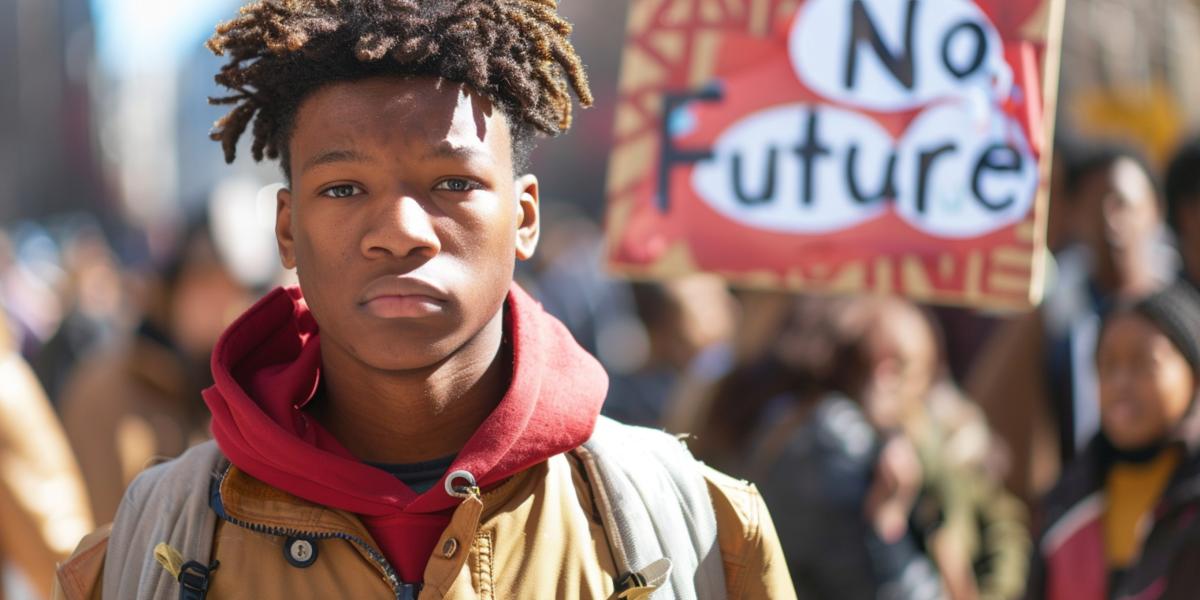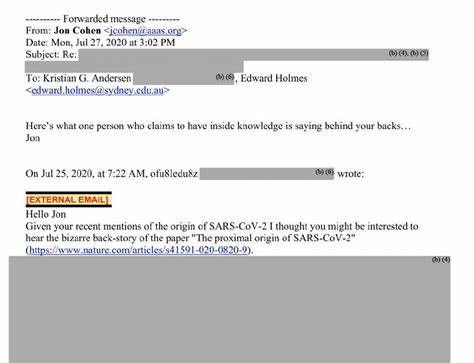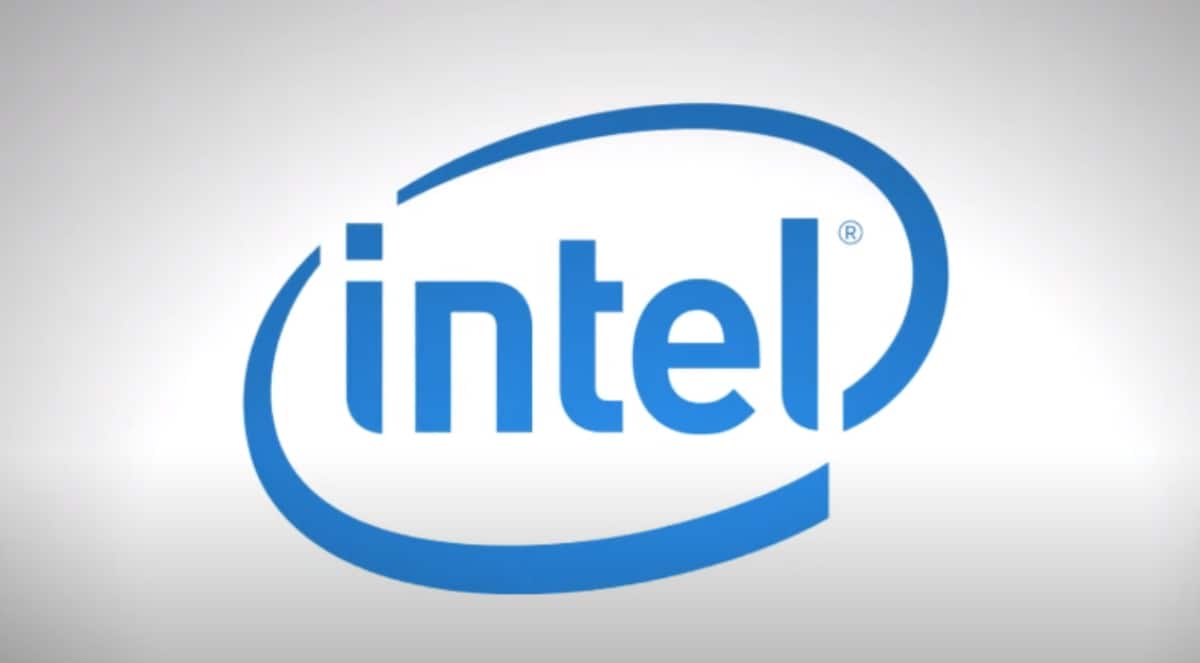
A quick internet search for “climate anxiety,” which is also often referred to as “eco-anxiety,” “eco-grief,” or “climate doom,” produces numerous links to the psychological and psychiatric literature on the topic. The Program on Climate Change Communication within the Yale School of the Environment appears to be a major contributor to this research. Mental health professionals and mass trauma researchers report seeing more patients with symptoms of this anxiety, but they’re not always sure how to treat it.
Climate Anxiety Isn’t a Medical Diagnosis
Reputable medical establishments such as the Cleveland Clinic clarify that, although this psychological condition isn’t a medical diagnosis, it is a commonly-accepted popular term used to describe a collection of symptoms triggered by long-term shifts in temperature and weather patterns, and can be exacerbated by other existing anxiety disorders. Experts find that the age 16-34 demographic—those known as Generation Z and Millennials—is particularly vulnerable to climate anxiety.
Some even believe that the condition may increase the risk of developing post-traumatic stress disorder (PTSD), a mental health condition that is caused by either being part of an extremely traumatic event, or witnessing it. Some also believe that indigenous people are some of the most vulnerable populations to experience negative impacts as a result of direct exposure to climate change. The list of climate-anxiety symptoms is extensive:
- A sense of being overwhelmed and helpless in the face of changing climate and weather patterns;
- Worrying about the future;
- Exposure to headlines about natural disaster or reading about climate change news;
- Losing sleep over climate change, a sense of impending doom, feelings of anger at oneself and/or others;
- Experiencing a sense of guilt or shame;
- Avoidance of conversations or activities as a way of avoiding environmental triggers; and,
- Lack of confidence in making major life decisions.
An example of this last symptom might be, for example, decisions about having children because of the belief that they would damage the planet (or because the planet could damage children). This is increasingly a fear that many young adults—the demographic most vulnerable to climate anxiety—have expressed and that could have serious repercussions for the entire world.
Experts Say Worrying about Climate is Healthy
Investigators at the Yale climate change program have found that 64 percent of Americans said they were “at least somewhat worried” about global warming. These mental health experts believe that this 64 percent finding in itself is healthy because worrying somewhat about something motivates a person to figure out what he can do about it. Thus, they advocate that more people should be worried about climate change.
But they also caution that worry can be a problem if it becomes overwhelming and debilitating, keeping a person from living one’s life, at which point it becomes a serious diagnosis. Climate anxiety, moreover, is highly correlated with generalized anxiety, so it tends to affect people who are already anxious about other aspects of their lives.
Further findings include that among Americans:
- 9 percent report feeling down, depressed, or hopeless for at least several days out of the last two weeks
- 12 percent say they struggle to stop themselves from consuming bad news about global warming
- 8 percent say they are, or would be interested in, seeking counseling to discuss feelings about global warming
- Very few are fatalistic that it’s already too late to do anything about global warming; most believe that the country can still solve the problem.
Help for the Helping Professions in Vermont
For those witnessing painful stress and tension caused by the climate crisis, the Vermont Collaborative for Practice Improvement and Innovation (VCPI) offers a 12-week course for individuals in the helping professions to build their own climate resilience and grow “ecological emotional intelligence.” The course, entitled “From Climate Anxiety to Climate Resilience,” is normally offered at $1,200 tuition, but discounted to $899. It is designed to assist coaches, educators, health or mental health providers, social workers, healers, and other helping professionals to maintain their own composure when sharing the same overwhelming feelings as those they are trying to help.
Topics covered in the course include creating safe spaces, one-on-one or small groups to foster genuine conversation for patients who are alarmed or obsessing about abnormal weather patterns, devastating floods, tsunamis, erupting volcanoes, and melting glaciers. Thus, everyone can rest assured that the helping professions are studying the rising tide (no pun intended) of climate anxiety and ways to ameliorate it. And standing behind their helping efforts are Ivy League universities and state government agencies with their expertise.
Nagging Thoughts and Questions About “Climate Anxiety,” Identification, and Treatment
While some may question that a small New England state is sponsoring a class to assist the “helping professions” build their own climate resilience and grow “ecological emotional intelligence,” it is also sobering to consider that such instruction is necessary at all. What kind of society must offer instruction for these professionals so they do not lose their composure when treating others who exhibit symptoms of this psychological condition?
Is this newfound variant of anxiety so prevalent among the populace that the helping professionals themselves need extra assistance to buttress themselves as they help others who are assisting the general population? In any case, identification and treatment of climate anxiety could be considered a means to keep the helping professions employed.
And if climate anxiety is so prevalent, what might be the basis of this affliction? On this etiological level, one might question whether this newfound psychological condition may in fact be another example of using fear as a means to control the populace and manipulate people to behave in particular ways.
Some commentators contend that the recent pandemic lockdowns, mandates, and social restrictions, implemented by public health experts to avert virus contagion, represented a “dress rehearsal” for something similar with respect to climate change. Thus, climate anxiety may portend climate experts’ imposition of similar measures on the populace as a means to mitigate the effects of climate change.
Lastly, a case can be made that every individual must have choices in deciding what may cause our anxiety, unburdened by what others may want to tell us what we should fear. If I currently fear that I’m getting old, aging more rapidly than I think I should, this fear must surely in some way be caused by climate change. After all, the United Nations and other entities constantly remind us that climate change is an existential threat. Why do I, an aging American whose very existence is ultimately on the line, not exhibit the symptoms of climate anxiety?
Originally Posted at https://mises.org/






